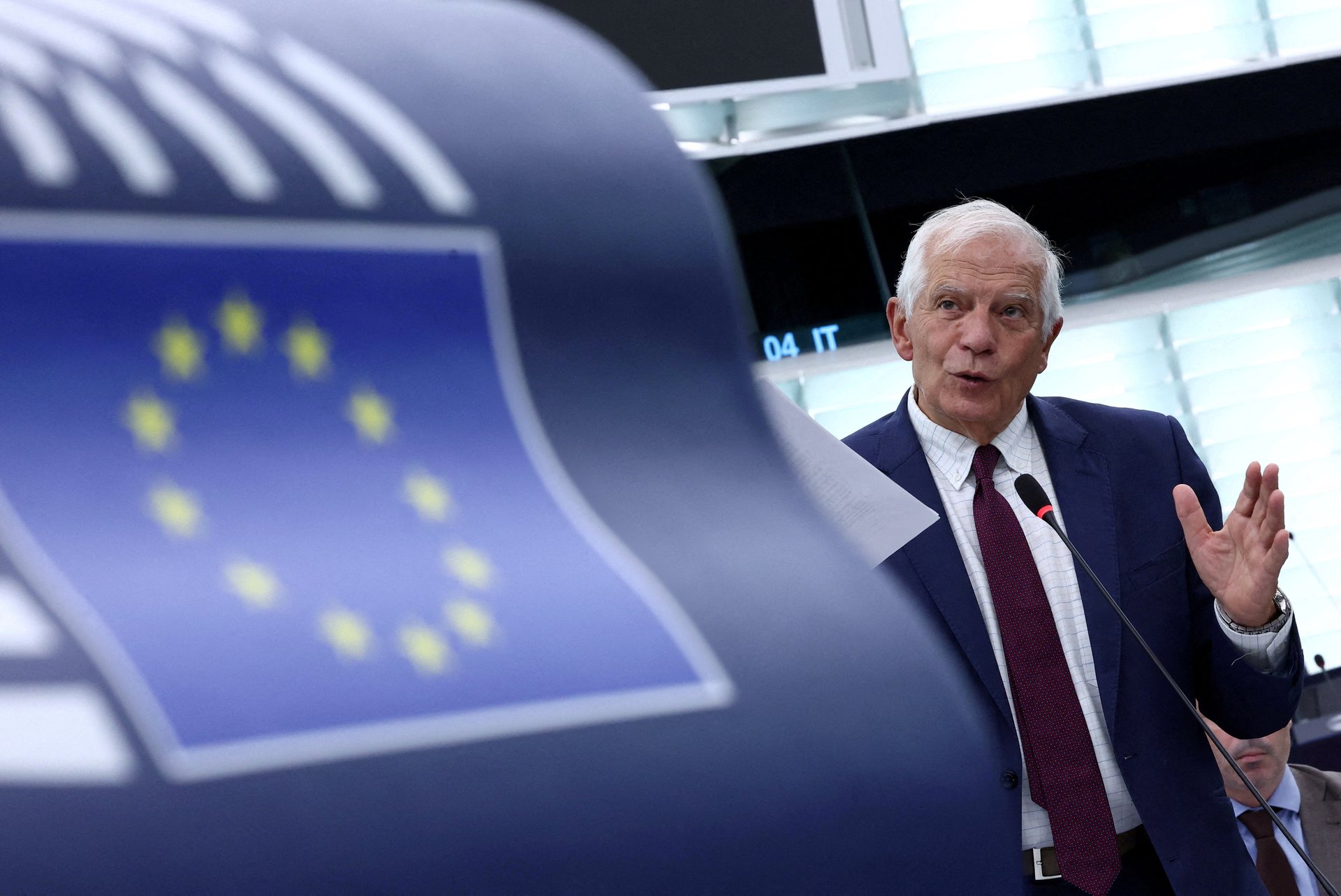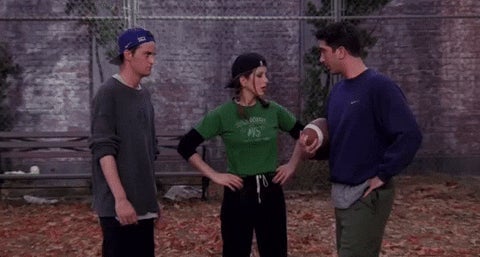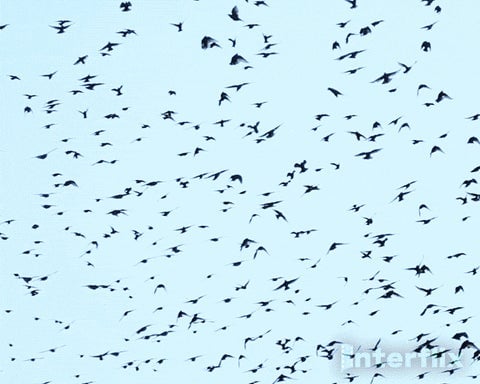🌍 The EU is de-risking
Plus: But China’s a de-risk master.

Good morning, Quartz readers!
Suggested Reading
Here’s what you need to know
The EU put itself on a path to depend less on China for battery and solar panel materials. The Parliament voted to cut red tape for mining companies as the bloc aims to make sure one country doesn’t supply more than 65% of strategic raw materials.
Related Content
Arm stock jumped 25% in its Nasdaq debut. The chip maker is valued at a steep premium—and it’s attracting the bluest of blue-chip tech companies.
Zambia’s president arrived in Beijing. Hakainde Hichilema will be in Shenzhen meeting with top companies, including Huawei and BYD, to strengthen economic and supply chain ties.
The International Monetary Fund checked up on its Sri Lanka bailout. The country has to convince the global lender, whose team is in Sri Lanka until Sept. 27, that it’s properly using the $2.9 billion package.
China is a master de-risker

China has fiercely griped about actions that Western nations have taken to address supply chain vulnerabilities across key industries, slamming the so-called “de-risking” strategy as “decoupling in disguise.” And yet, the world would be hard-pressed to find a country that’s as good at de-risking as China.
China, in fact, has been de-risking for decades, with origins that can be traced back to the 1980s when then-Chinese leader Deng Xiaoping supported a “two markets, two resources” approach: That is, there are markets at home and abroad, and resources domestically and globally, and China needs to strategically use both. Quartz’s Mary Hui describes how China’s fluency with de-risking guided its evolution into an offensive and defensive player in global supply chains.
There’s AI in my Coke—and my beer, and my chocolate?!
The maker of Coca-Cola—and the food industry at large, really—is making use of “cobots.” Before you freak out about what that might be, it’s just a mashup of the words “collaborative” and “robots”—a form of incremental automation that has been billed as a way to address macroeconomic challenges and cut costs in the industry, while still maintaining input from humans.
One of the cobots’ latest creations is Coke Y3000, marketed as having been co-created with AI and fizzing to the brim with notes of the year 3000, whatever those might be (the future, reportedly, is candy sweet).
But the food industry has been working with AI for several years to develop everything from plant-based cheeses to beer to candy. Julia Malleck has a nifty timeline of some recent notable cobot food projects. (Don’t forget a generous pour of Beck’s Autonomous or Artificial Intelligence IPA in your Oktoberfest stein this Saturday.)
One big number: More than a third
Share of the 153 major professional men’s sports teams in the US— those comprising the MLB, MLS, NBA, NFL, and NHL—partly owned by private equity groups.
Take the New York Yankees for example. In 2011, the baseball club—which has been owned by the Steinbrenner family since 1971—sold a minority share to Connecticut-based investment firm RLB Holdings and its CEO Ray Bartoszek. Since the sale, the team’s value has increased by 317% to $7 billion.
When did pro sports become such a boon for private equity? Diego Lasarte explains.
…and an endangered nocturnal parrot might bounce back. Scientists have mapped the full genome of the kākāpō (pdf), which looks like a bearded walrus bird, and basically kind of is, as it’s too heavy to fly.
Back in 1883, Evert Nymanover wanted to make a machine that read books aloud from inside of a hat. But the history of audiobooks goes back much, much farther than that.
A stolen Van Gogh painting was returned in an Ikea bag. It was snatched more than three years ago from a museum in the Netherlands, and honestly, the vessel carrying it home is less weird than why it was stolen.
The driest, hottest National Park in the US is closed because it’s too wet. Death Valley is overrun with water from Hurricane Hilary.
Our best wishes for a productive day. Send any news, comments, the reasoning of a crow, and the resilience of a kākāpō to [email protected]. Reader support makes Quartz available to all—become a member. Today’s Daily Brief was brought to you by Morgan Haefner and Susan Howson.
